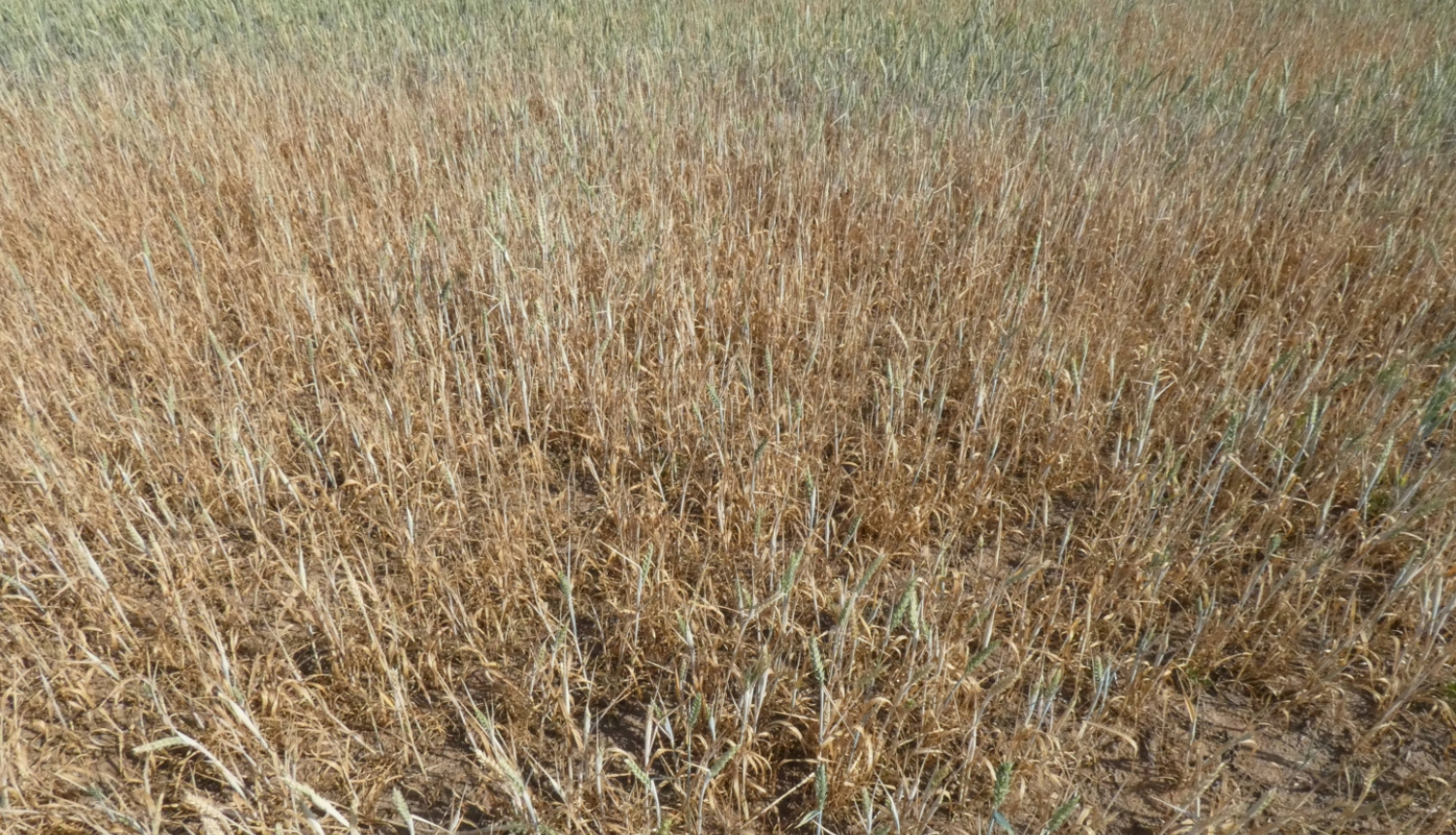On Tuesday July 25, the Minister for Agriculture, Didzis Šmits will participate in the meeting of the EU Council of Ministers for Agriculture and Fisheries (Council) in Brussels where Spain, holding the Presidency of the EU, will present priorities of its Presidency and start working on them. As one of the major priorities to be discussed at the meeting, is ongoing situation on the EU market of agricultural goods and food after Russia’s invasion of Ukraine, which has been even more aggravated by disastrous draught and heat in many places in the EU. It has already been reported that the EC found an additional funding for EU farmers and on June 26 there was a notification of the EU emergency aid for sectors of agriculture in Member States due to current economic and weather conditions – the EU emergency aid allocated to Latvia is EUR 6,8 million.
This year has been very complicated for Latvia’s agriculture, and the situation in agricultural sectors is continuously worsening. Economic viability of enterprises in the sector is even more impacted in a negative way by lasting draught in April – June 2023, which caused irreversible and serious consequences for all agricultural sectors. It is expected that reduction in crop yields will have a negative impact on revenues of businesses and their ability to cover operational and commitment expenses. Low productivity of fodder crops is considerably increasing fodder production costs. In spring of this year, fruit growers in Latvia incurred considerable damages due to spring frosts.
Taking into account the unfavorable impact of the current economic and weather conditions on operation outcome indicators of agricultural producers in 2023, the value of agricultural output in 2023 could reduce by about 30%. Therefore, Latvia considers that apart from the EC emergency aid it is necessary to be able to apply some derogations from Latvian Common Agricultural Policy.
There will be discussions in the Council on the additional research, carried out by the European Commission on the impact of a new Regulation on a sustainable use of plant protection means (AAL). Latvia considers that the research, carried out by the EC, provides an answer neither to Council’s query regarding how the reduced application of AAL would impact yields of agricultural crops in Member States nor the impact on food prices, imports, exports and forestry. EC itself acknowledges that it lacks data on the use of AAL in agriculture and forestry. Besides there are still justified concerns that a sharp reduction in the use of AAL will have a negative impact on competitiveness of farms on agricultural market.



